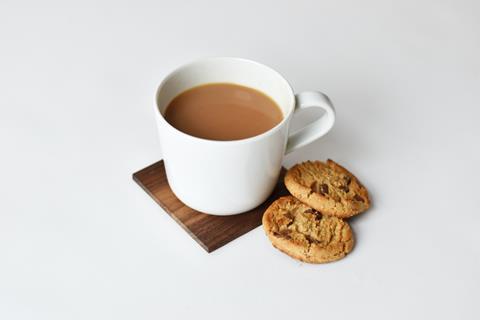
Publishing: 3 September 2022
Advertising deadline: 19 August 2022
Submissions deadline: 12 August 2022
Feature one: Coffee
By Jimmy Nicholls jimmy.nicholls@thegrocer.co.uk
Jitters have always been a risk of coffee consumption, but they don’t usually affect the suppliers themselves. Lately that has changed. At least one major brand is already in talks with retailers about how to handle increases in raw material costs. These are expected to ensnare the entire category, and shoppers will likely have already noticed coffee shops hiking their prices. So how can coffee endure the coming cost crunch? Will shoppers take the conventional route of trading down? And might price rises finally slow the exponential growth of cold coffee?
Post-pandemic: Much of the decline in coffee will be attributable to less time spent at home after the lockdowns. But with many Brits working from home there’s still plenty of opportunity for coffee breaks. How can suppliers make the most of it?
Coffee shop brands: During the pandemic many coffee shops boosted their efforts in grocery. How are these lines faring?
Milk costs: Cold coffee usually contains milk, which is also seeing sharp price rises. How is this contributing to the overall picture?
Subscriptions: Coffee subscriptions are among the notable DTC trends of the past few years. How are they likely to weather the coming economic problems?
Innovations: We will profile 4 new products or ranges that have ideally not appeared in The Grocer before. We need launch date, rsp, and a hi-res picture of each
Feature two: Tea
By Rob Brown rob_j_a_brown@hotmail.com
In the past year, tea has tanked. The category is declining in value, and even brands who have dodged that trend have seen falling volumes. Overall tea is even down against two years ago. Part of this is the effect of the pandemic as shoppers spend more money in cafes. But could it also be a sign that tea – whether traditional black or fruity and herbal – is in long term decline? What about the contest between premium and cheaper lines, including own label? And how are supply chain costs affecting the category?
Sustainability: Tea is continuing to improve its sustainability, with brands making their packaging more recyclable and in one case including a reusable strainer. How important is this to consumers, and what further efforts can be made?
Ethical accreditation: Earlier this year Sainsbury’s abandoned its controversial Fairy Traded tea accreditation scheme. Following this decision, what is the state of ethical accreditation schemes in tea?
Supply chains: Just like coffee, tea has faced supply chain problems of late. How are these affecting the category?
Innovations: We will profile 4 new products or ranges that have ideally not appeared in The Grocer before. We need launch date, rsp, and a hi-res picture of each
Feature three: Hot chocolate
By Rick Bull rick@r-bmarketing.co.uk
Hot chocolate needs a miracle. The category has shrunk by nearly a tenth in value over the past year, declining faster than grocery and other hot beverages like tea and coffee. Many of the leading brands have seen an even bigger fall in sales. So how can the category be turned around? Will it be a case of premium and craft brands enticing shoppers back? Or might rising living costs prompt shoppers to turn to budget and own label lines? And what role will sustainability, health and other benefits play in any recovery?
Premium: Posh confectioner Lindt set out to challenge Cadbury for hot chocolate domination in October with its debut in drinks. How is it faring, and what are similar brands up to?
Trading down: Rising living costs could lead shoppers to trade down. But does this mean they will skip an out of home chocolate for something special at home? Or will cheaper and own label lines stand to benefit?
Health: Hot chocolate has traditionally been a treat. With shoppers reportedly more concerned about health since the pandemic, does this explain the decline in sales? And what are brands doing to improve their health positioning?
Downloads
FO hot drinks and cold brew brief 2022
PDF, Size 0.12 mb







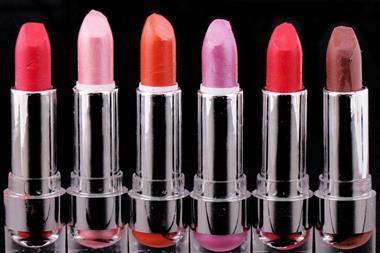
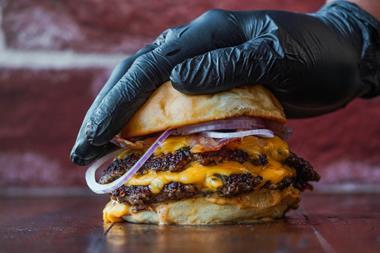
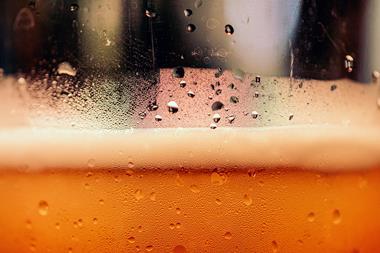
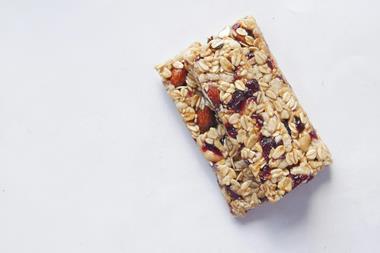
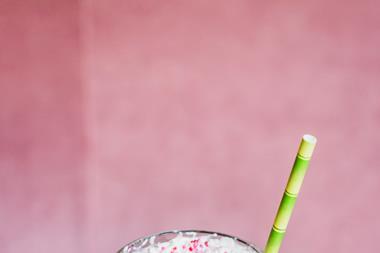
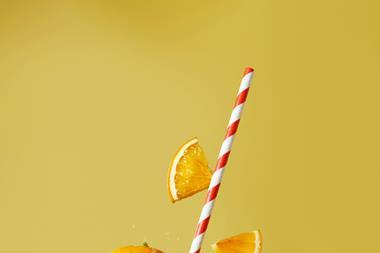
No comments yet